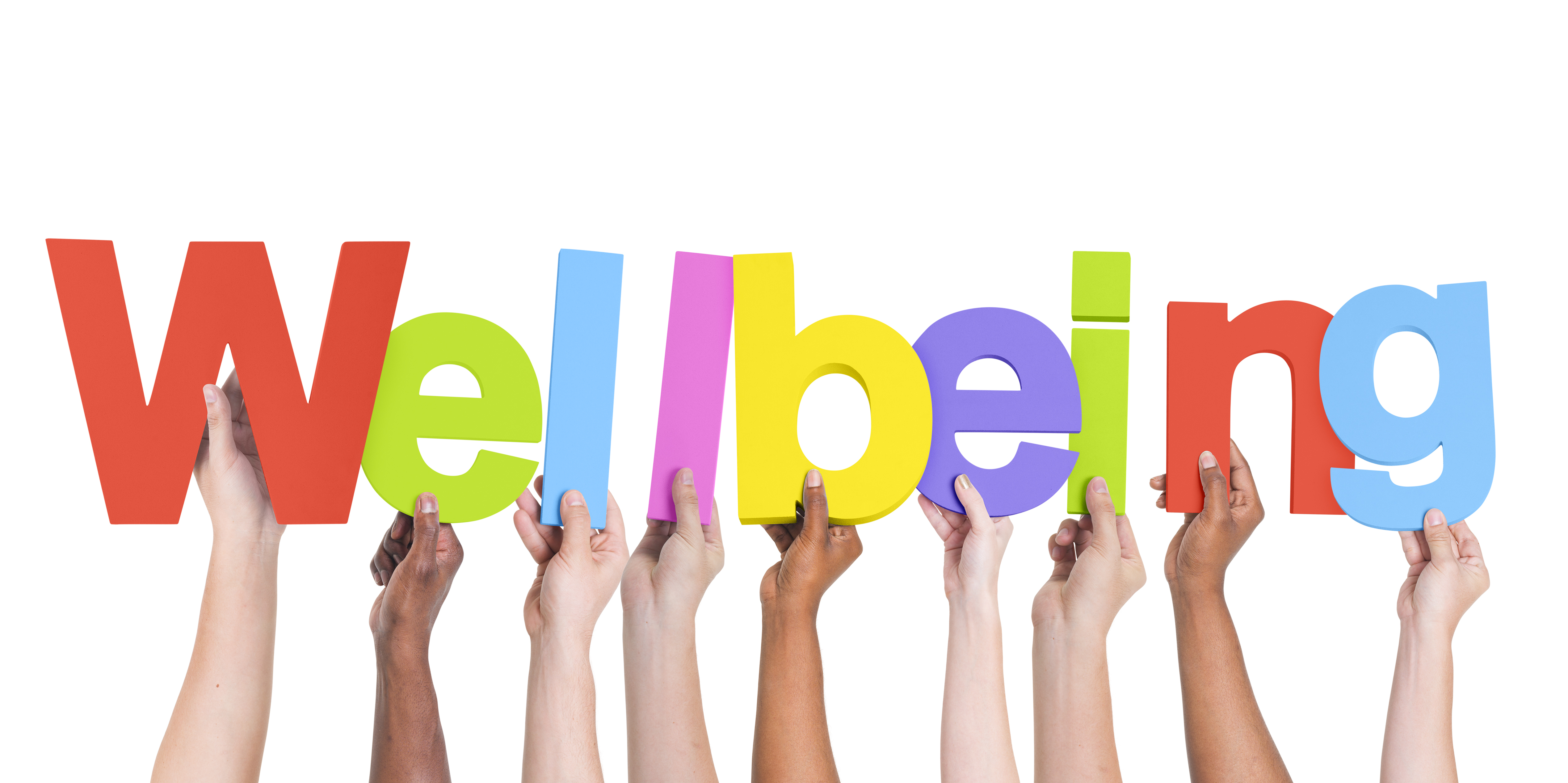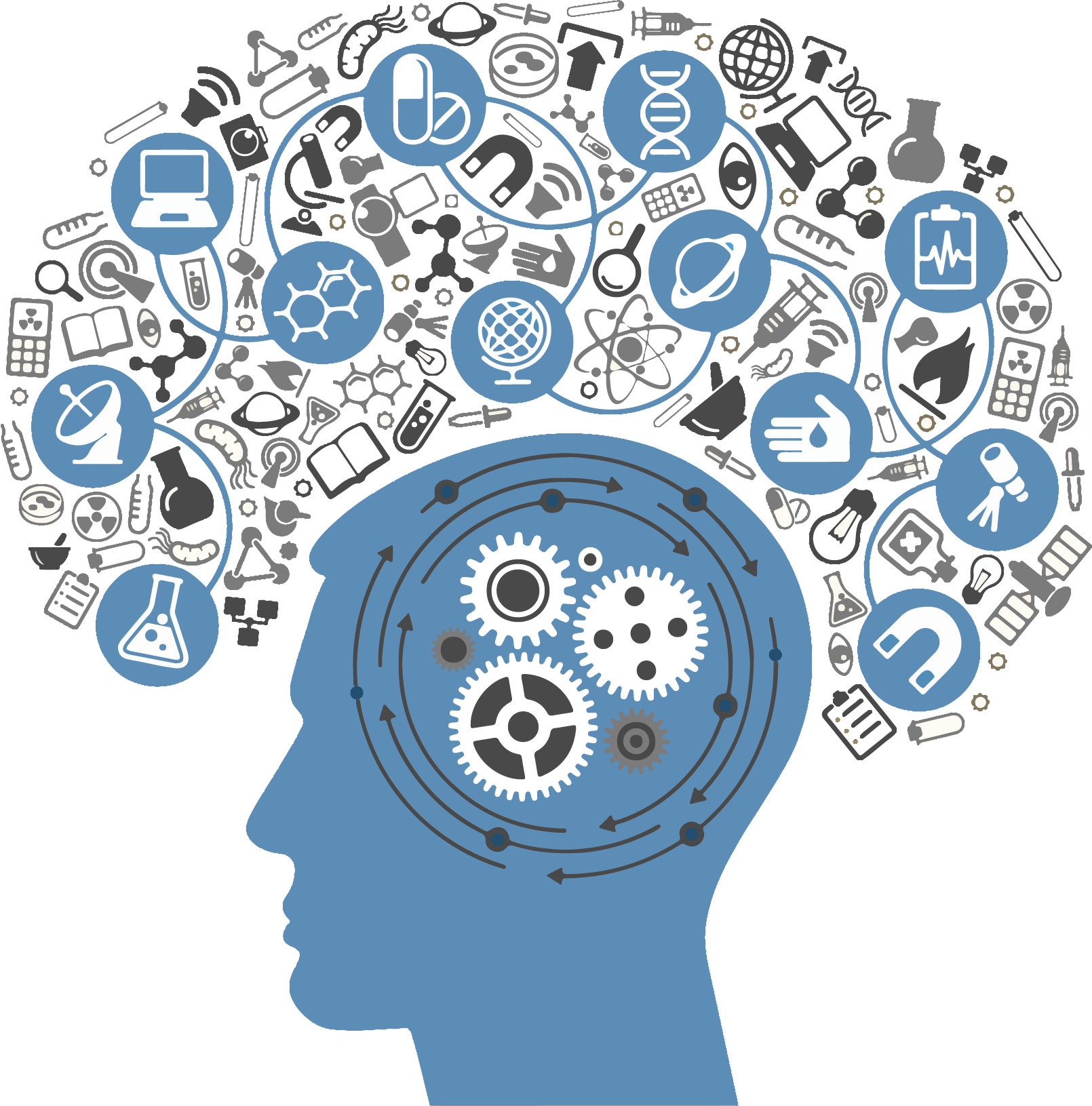Part 5 Concepts
The discussion on experiencing vs. remembering, duration neglect, endowment effect, and decision utility.
by Mathew GlockKnow how people construct stories about their lives based on narrative construction, remembering vs. Experiencing, endings matter, and life evaluation.
by Andrew Fiesta (Stanford Teacher)Learn how to measure happiness and well-being by evaluating life, well-being vs. memory, and implications.
by Jaksan AnthouineGet more insight on how people reflect on their lives and the different ways they evaluate their overall happiness and satisfaction.
by Jaksan Anthouine


